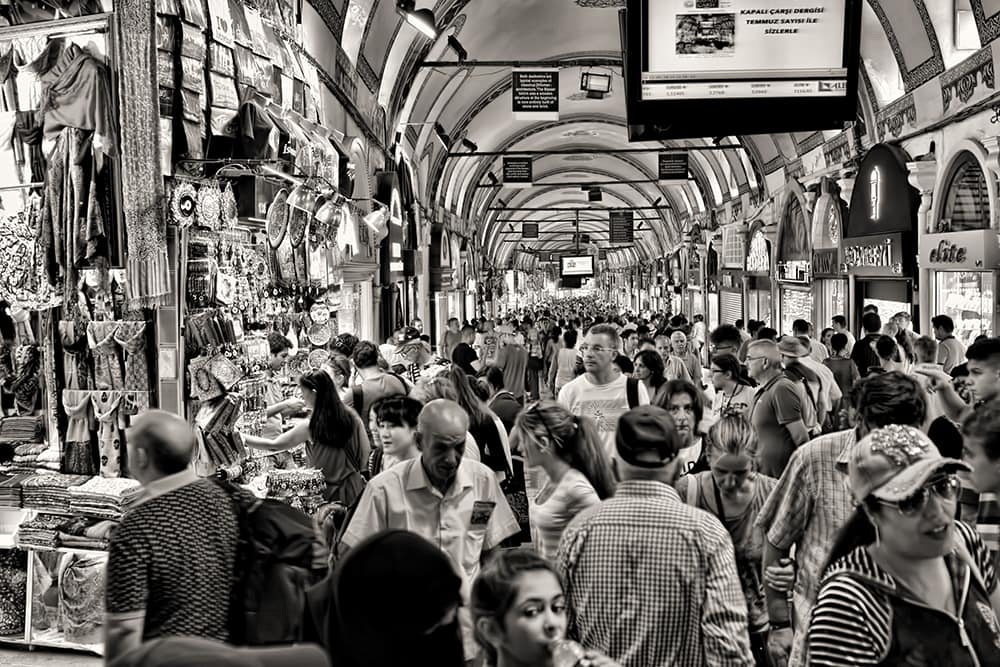Even though you are home, do you feel a little homesick for “normal?” We are collectively experiencing an exile from normal. We are not unique. Past relocations, displacements, disorienting or disappointing events have made everyone feel homesick for normal at some point. But now everyone, and I mean everyone in the world, seems to feel this together…apart.
One of the great motifs in the Hebrew and Christian Scriptures is that of exile and homecoming. From Adam and Eve’s exile from the garden to Israel’s exile to Assyria to Judah’s exile to Babylon to the church’s exile from Jerusalem, this theme of exile is returned to regularly in describing the very human experience of “this is not normal” to “finally, we are back to normal.”
The last book in the Hebrew Scriptures (Old Testament) is Malachi. He writes about 100 years after the exiled people of God returned to Jerusalem. Picture it with me. The temple is rebuilt. The walls are secure again. The farms, business trade, religion, and politics are all open and buzzing again. People are gathering freely. The exile experience is a distant memory.
One day, this experience will be a distant memory for us. We will say, “Remember 2020? What a year!” But a century after the exile, Judah had forgotten all the lessons of exile. Suffering itself is tragic. Loss of life. Sickness. Economic ruin. Depression. All of these are grief-worthy in their own rights. Purposeless suffering is the only thing that is worse. The God of the Bible is well acquainted with silver linings, the theme of this issue. Some people of faith might even say God is the cause of silver linings. Purposeless suffering is suffering with no silver lining. The God of the Bible is the God of exile and exodus, of death
and resurrection. Talk about silver linings!
The way Malachi delivers his prophetic message to the forgetful people isn’t in direct accusation or preaching at his audience. He uses the oldest teaching trick in the book—questions. Malachi asks 22 questions in his 55-verse book. God asks questions. People respond. And vice versa. In this short book, there are six disputes between God and his people, and God shows no intention of giving up. God is not disinterested or passive. God shows up, even when the people are picking a fight. Malachi’s God doesn’t have a last straw—no ‘give up.’
One day, we too will be post-exile. We will be “open for business.” But will we be happy? Will we have recognized any gift or purpose from this season? This message of Malachi has a direct point. The city, temple, marketplace, and nation might be open and even restored to some former state, but that is not the ultimate goal. God’s got his eyes on a different prize: heart restoration and relational reconciliation (Malachi 4.5-6). If we get back to “open for business” without restored hearts and reconciled relationships, the good exile will have been wasted. Silver linings are real but can easily be forgotten. I encouraged our congregation, now online, to reflect on the following questions with their family or friends.
What is a good thing you’ve seen come out of this exile? A silver lining? Are there any old commitments that you are calling into question? Commitments you hope not to take up again post-exile? Have you experienced an evaluation of what is most important to you during this time? Have you found yourself saying, “I will never take _________ for granted again”?
Finally, I don’t want to let this article pass without offering a blessing to those who have experienced any kind of loss during this season. May the Lord lift up his favor upon you and give you peace. spt







Comments